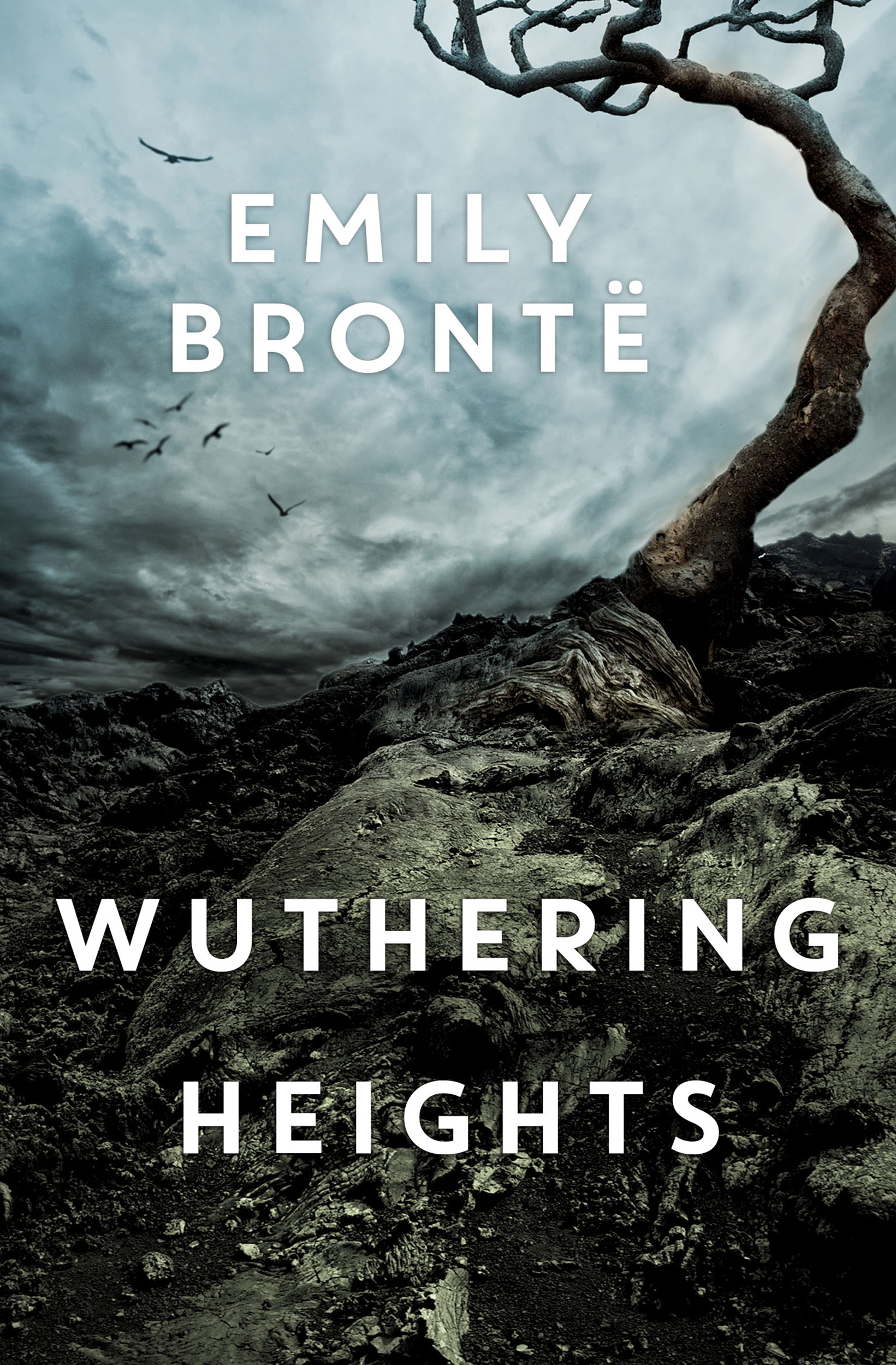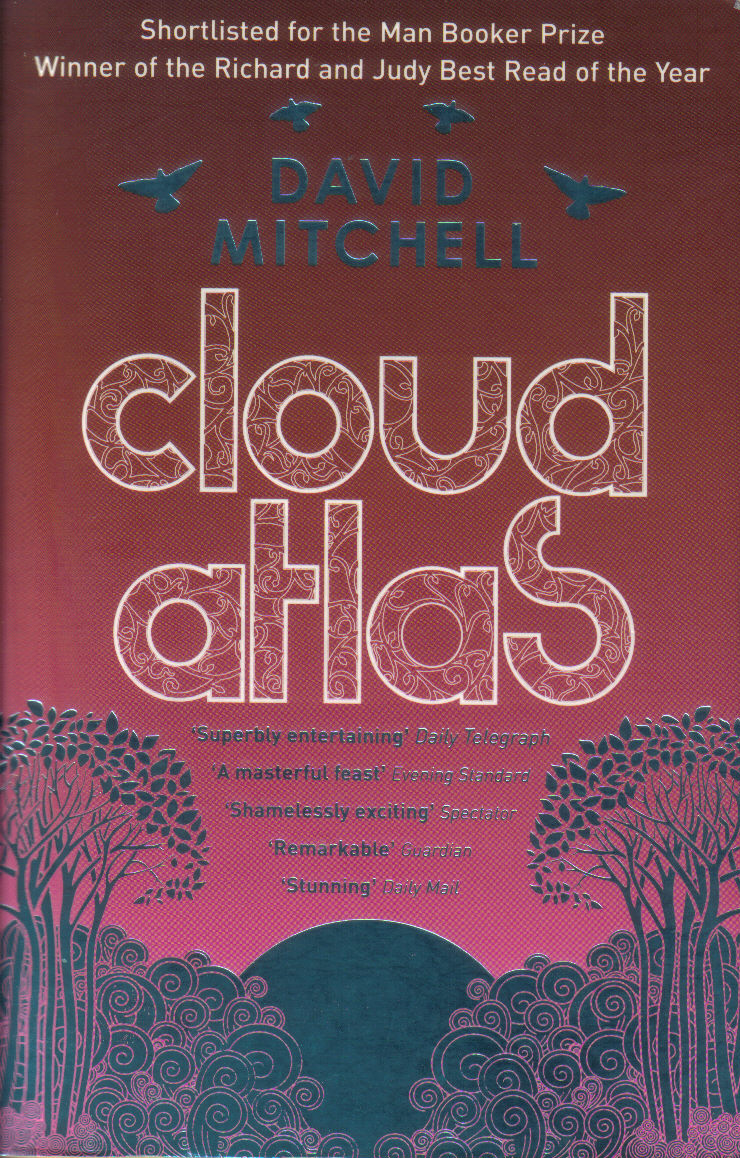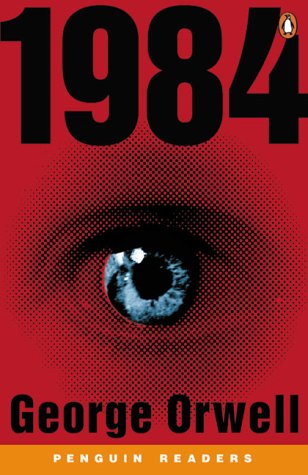1. The Regeneration Trilogy - Pat Barker
I only read these quite recently, but Barker's trilogy of WW1 historical fiction, centred around the lives of some of our best-known war poets (Owen, Sassoon et al.) illuminates superbly these men, their motivations and their inspirations behind their own works of literature. Having studied an anthology of Wilfred Owen's war poems during my own Literature A-Level, I wish that I had read these books alongside at the time, as the contextual understanding afforded, particularly the insights provided into Craiglockhart Hospital, are wonderfully revealing, yet certainly not always comfortable reading.

2. Wuthering Heights - Emily Brontë
I had to read Wuthering Heights several times before truly appreciating its multi-layered complexity and rugged beauty. Since then I have re-read Brontë's only novel many times, each time discovering additional details and treasures about the characters that were missed previously. The book is completely captivating and demands that the reader succumbs to its power, with the central relationship between Cathy and Heathcliff pulsating amongst the host of supporting characters, each with their own particular interests and nuances. The final passage, for me, is one of the most enduring in literature.

3. The Monk - Matthew Lewis
As a huge fan of the Gothic tradition in literature, The Monk by Matthew Lewis stands as a seminal text, widely regarded as one of the finest products of the genre. Despite a fairly convoluted subplot, which forms much of the mid-section of the novel, the pace of the 19 year old Lewis's prose is relentless, the subject matter often shocking. Complete with all of the tropes and conventions that we have come to associate with later Gothic works, The Monk will grab you and keep you questioning your predictions and suppositions right up to the climactic finale. A perfect book for a cold winter night, though reading it on a roof-top terrace in Valencia in July, as I did this year, is not a terrible choice either.

4. Cloud Atlas - David Mitchell
Arguably, Cloud Atlas does not quite match the literary merits of my three preceding choices, but for sheer enjoyment, satisfyingly twisty plots and Mitchell's typically irreverent voice, it is worthy of a place on the list. I admit that I did first encounter Mitchell's writing whilst at university when a film of this text was in production, but since then I have read, and loved, several others, including Ghostwritten, Number9Dream and The Bone Clocks. At some point I am going to need to fill in the gaps in my reading of this collection, and perhaps revisit them in order, as there are recurring characters and themes which vanish and reappear in different forms. However, as individual books in their own right, each is thoroughly enjoyable, and several have kept me happily occupied on long train journeys between Plymouth and Edinburgh which is endorsement enough in itself!

1984 - George Orwell
Ok, I realise that this will appear to be a rather clichéd and predictable choice, but it would be remiss of me to omit it from a list of impactful books. George Orwell is a particular favourite writer of mine, with his life experiences alone providing rich and stimulating reading material - Down and Out in Paris and London features on my additional list at the end of this post, and Animal Farm is always one of my favourite texts to teach. As a visionary depiction of a dystopian future society, it never fails to amaze me quite how prescient Orwell managed to be in this text, and his image of a 'boot stamping on a human face - forever' is one which is indelibly imprinted on my mind.

20,000 Leagues Under the Sea - Jules Verne
The last offering on my list comes with an overwhelming sense of nostalgia, as Jules Verne's 20,000 Leagues Under the Sea was for a very long time during my childhood one of my very favourite books, one which I read and re-read time and time again. The adventures of Captain Nemo (my first Latin lesson came from my father explaining how his name means 'nobody') and the Nautilus completely enthralled me, perhaps owing to the scope of the text being so much greater than anything I had encountered up to that point. There was something about this story that made such an impression on me, and has led to its being far more memorable to my particular mind than either of Verne's other notable works, Around the World in 80 Days and Journey to the Centre of the Earth.

This really is an impossible task, and so below are some other titles that could easily have made it onto this list:
A God in Ruins - Kate Atkinson
Northanger Abbey - Jane Austen
The Bloody Chamber (and other stories) - Angela Carter
Nothing to Envy - Barbara Demick
The Pickwick Papers - Charles Dickens
All the Light We Cannot See - Anthony Doerr
Crisis of Conscience - Raymond Franz
Tess of the d'Urbevilles - Thomas Hardy
The Kite Runner - Khaled Hosseini
The Magician's Nephew - C.S. Lewis
Down and Out in Paris and London - George Orwell
And the pile next to my bed currently consists of the following:
A Little Life - Hanya Yanagihara
The British Witch: The Biography - P. G. Maxwell-Stuart
The Reader on the 6.27 - Jean-Paul Diderlaurent
The Daemonology of King James I - Donald Tyson (ed.)
Catullus' Bedspread - The Life of Rome's Most Erotic Poet
What would be your Desert Island Books? Let me know!